Europe needs to ditch passive attitude toward Tehran-Washington dispute over JCPOA: Carnegie Europe
A Brussels-based think tank has urged Europeans to ditch their passive attitude toward the Iran-US dispute over the 2015 Iran nuclear deal, which was abandoned by the United States under former president Donald Trump, arguing that Europe should instead play a central role in efforts to revive the agreement.
“Precisely because the beef is mainly between the United States and Iran, Europe has a role to play as a go-between,” read an article published by Carnegie Europe on Tuesday. “The Europeans should do so in close consultation with Washington, but not at the latter’s behest. Europe can’t hide, and it has little time to lose.”
The nuclear deal, formally named the Joint Comprehensive Plan of Action (JCPOA), was signed between Iran and six world powers — the US, Russia, China, France, Britain and Germany — on July 14, 2015. However, Trump pulled the US out in May 2018 and imposed the “harshest ever” sanctions on Iran, in spite of the latter’s full compliance with the deal.
For a year, Iran remained patient with the other signatories to the deal to see whether they could protect its interests under US bullying, but as they failed, Tehran began in May 2019 to reduce its nuclear commitments at bi-monthly intervals. At the same time, Iran consistently emphasized that it will return to full compliance as soon as its interests under the JCPOA are met.
Biden, while having promised to re-enter the JCPOA when campaigning to become president, has said since assuming office that he would not lift sanctions in order to encourage Iran to return to the negotiating table. His administration also rejects rejoining the deal before Iran honors all of its nuclear obligations.
For very principled reasons, the Carnegie Europe article argued, Tehran is unlikely to make concessions given the deep mistrust that Washington’s unilateral withdrawal has created.
“Against this backdrop of both increased stakes and heightened difficulties, the Europeans need to outline a common course with the Biden administration—and fast. Yet, they again appear to be waiting for the United States to take the initiative,” it said. “However, with weeks rather than months to come up with a concrete proposal, the Europeans could have made a more forceful attempt to put the EU in the driver’s seat.”
The article added: “Oddly enough, it was Iran’s Foreign Minister Javad Zarif who called on the EU as the chair of the JCPOA’s Joint Commission, which monitors the accord’s implementation, to mediate a US return to the deal.”
In an interview with CNN’s Christiane Amanpour early this month, Zarif said EU foreign policy chief Josep Borrell could prevent the JCPOA issue from reaching an impasse by coordinating a synchronized US return into the nuclear accord and Tehran’s full compliance with it.
Zarif made similar remarks in an interview with Japan’s Kyodo news agency on Monday, when he said the EU is responsible for taking action to “sequence” compliance of all parties to the JCPOA in a bid to end the current standoff between Tehran and Washington over which party should take the first step.
“Mr. Borrell can specify the time frame in consultation with Iran and the United States. It is clear the United States has to take steps first,” Zarif said.
The Carnegie Europe, which is the European center of the Carnegie Endowment for International Peace, maintained that not only could the proposal have come from Brussels itself, “but the wrong person also responded to the call: French President Emmanuel Macron suggested himself as an ‘honest broker’.”
“The Europeans don’t need the US secretary of state to draft a to-do list for them. Instead, they should channel their frustration over Iran’s diversion from the JCPOA into concrete demands and timelines for a sequenced return to full compliance by all signatories,” it noted.
The article added that “it doesn’t hurt” to remind Washington of the need to make the first move, which could be a “highly symbolic” revocation of Trump’s 2018 withdrawal from the nuclear pact, and “it could be done by Biden when he speaks on February 19 at this year’s virtual Munich Security Conference.”
VIDEO | UK arrests Press TV contributor amid crackdown on pro-Palestine activism
VIDEO | Axis of Resistance stands as multinational front for justice
Swiss academics call for end to research treaty with Israel over Gaza genocide
VIDEO | Israeli regime harasses, tortures Gazans returning through Rafah crossing
Israel faces existential threat of internal collapse before centenary, general says
Police fire tear gas as protests erupt against ICE and Israel at Milan Winter Olympics
UK PM’s chief of staff resigns over appointment of Epstein associate as US envoy
Iran leads Islamic world in electric vehicle motor technology


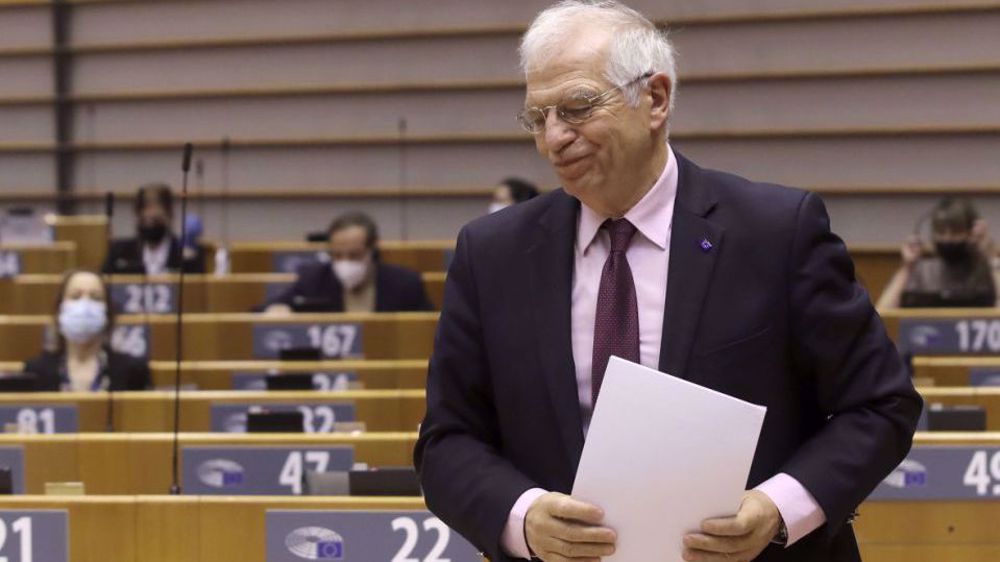

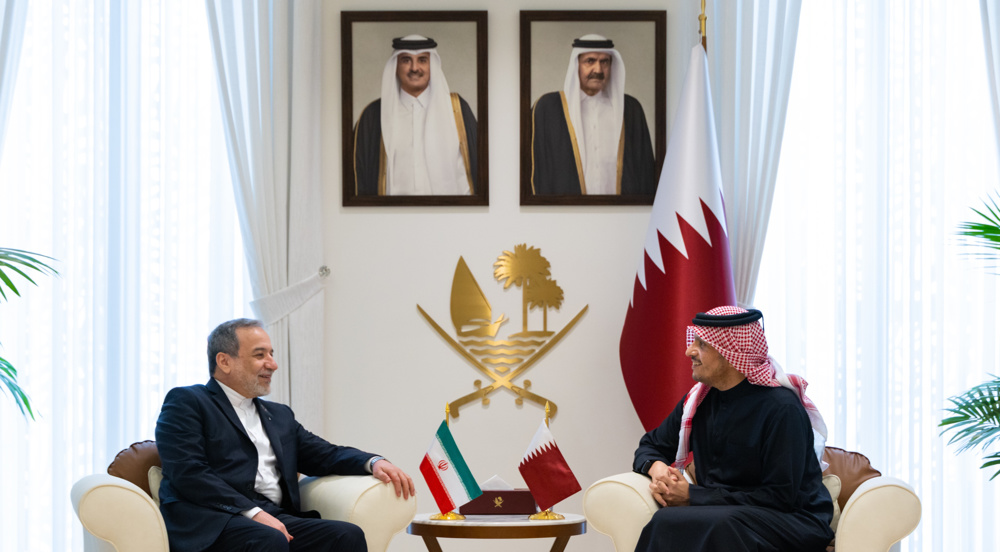
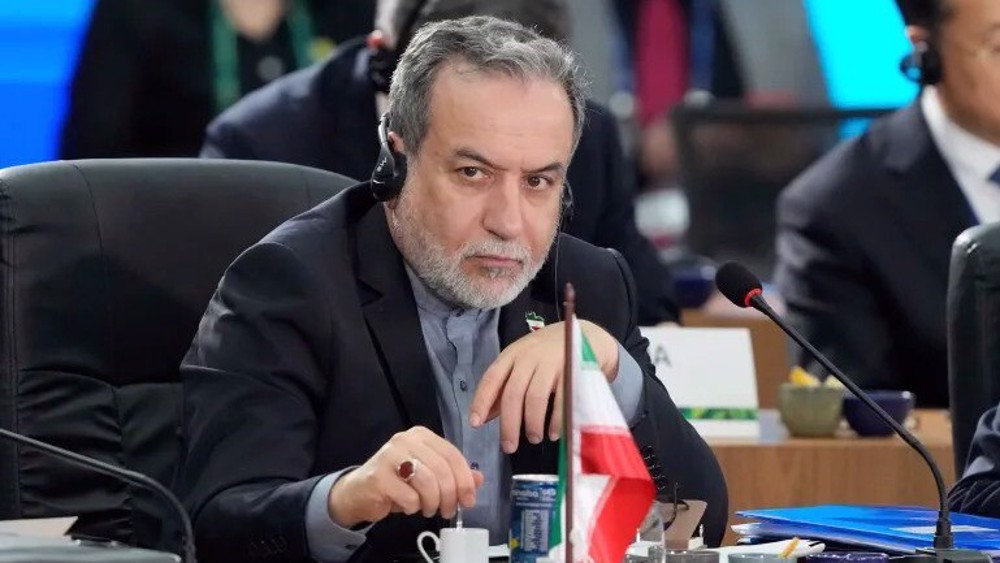
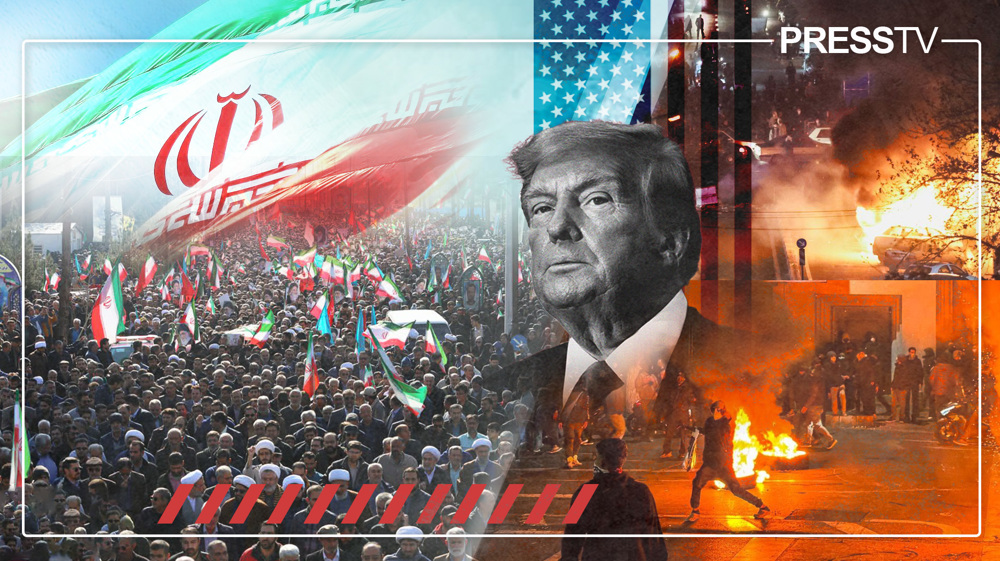



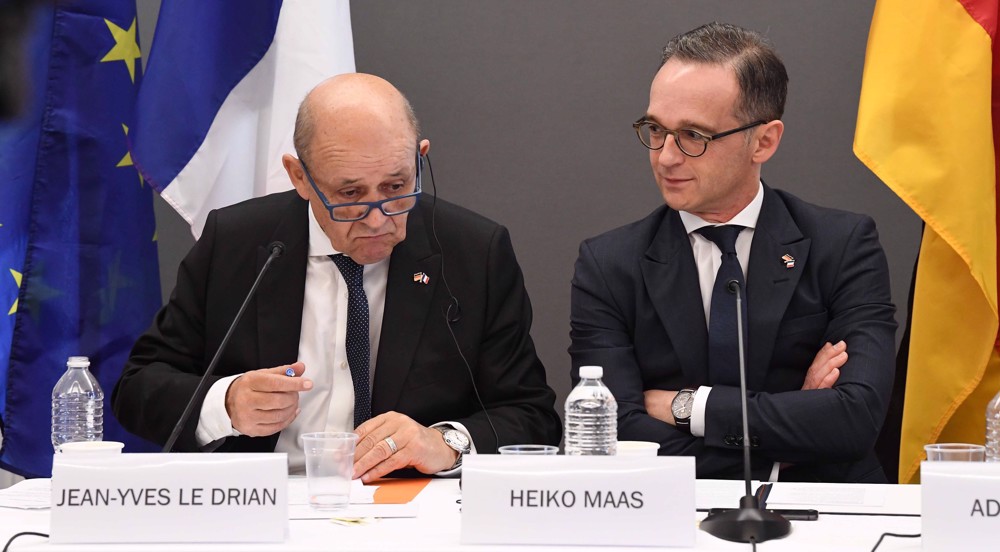

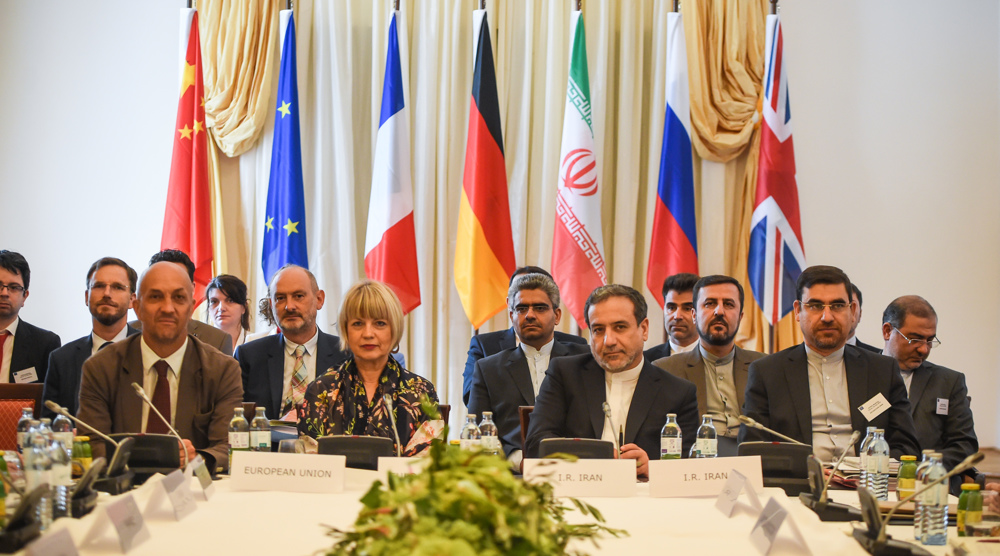
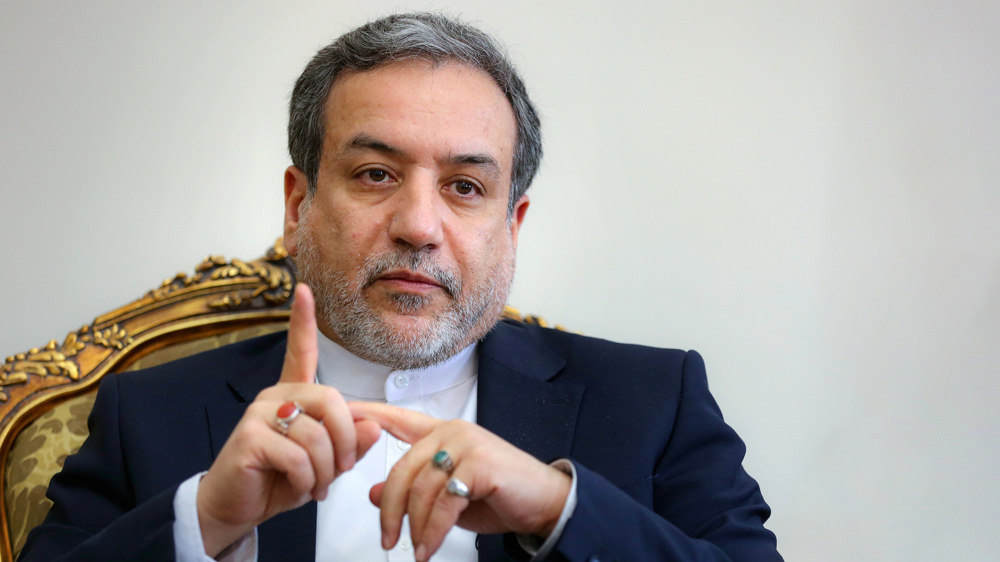
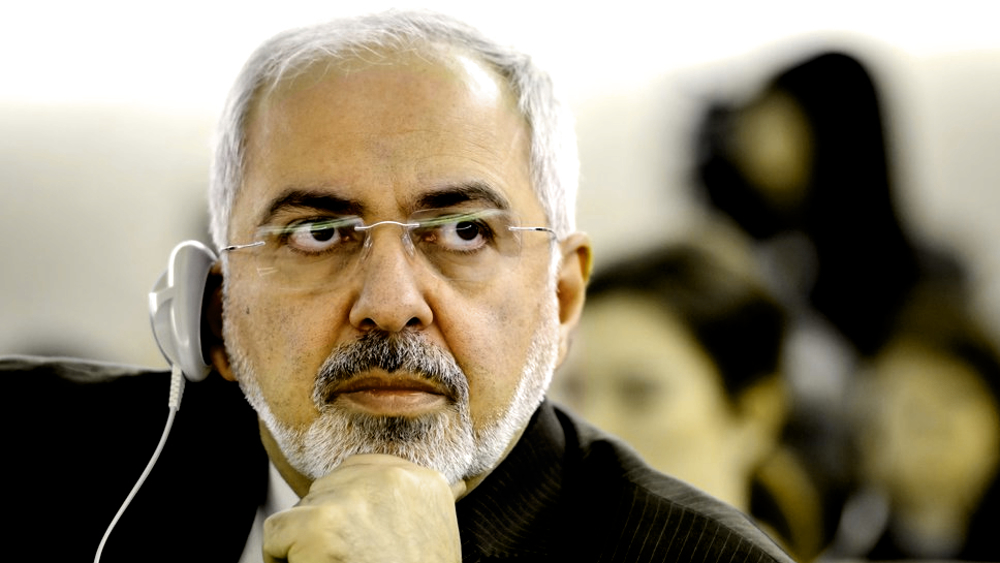

 This makes it easy to access the Press TV website
This makes it easy to access the Press TV website